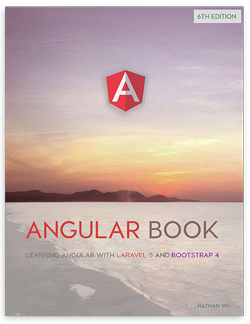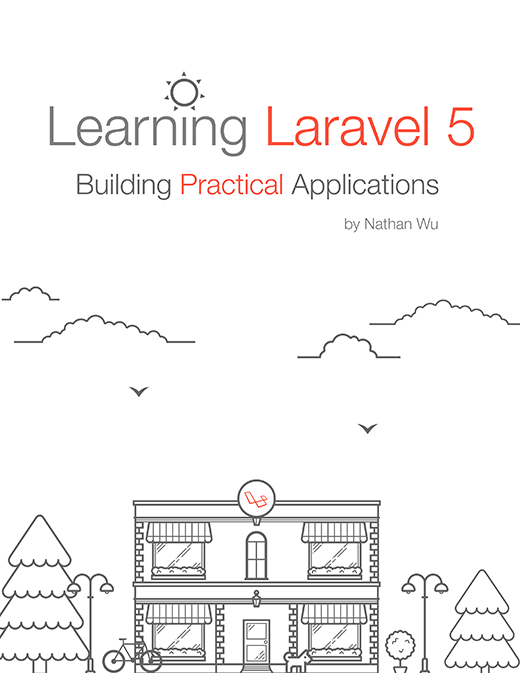Conditionally adding instructions to laravel's query builder
Mohamed Said has another useful tutorial about conditionally adding instructions to Laravel's query builder.
$results = DB::table('orders')
->where('branch_id', Auth::user()->branch_id)
->get();
So you're using laravel's query builder to get all orders that belong to a specific branch, but you want to allow the user to filter the results by customer only if he wants to, so you do this:
$results = DB::table('orders') ->where('branch_id', Auth::user()->branch_id); if($request->customer_id){ $results->where('customer_id', $request->customer_id); } $results = $results->get();You get what you want, but is that the most eloquent approach to accomplish the task? Of course it's not, breaking the chain affects readability so bad, specially when you have a lot of conditions.
Fortunately starting laravel v5.2.27 we can to do the following:
$results = DB::table('orders') ->where('branch_id', Auth::user()->branch_id) ->when($request->customer_id, function($query) use ($request){ return $query->where('customer_id', $request->customer_id); }) ->get();The instructions in the closure given to when() will only be applied if the first argument is evaluated to true, that way you'll be able to write complex conditional instructions without having to break the chain.
What's even more readable is having something like this:
$results = DB::table('orders') ->where('branch_id', Auth::user()->branch_id)
Link:
This post is submitted by our members. Submit a new post.
Tags: Tutorials Laravel 5 Laravel 5.1 Laravel 5.2 Intermediate
















